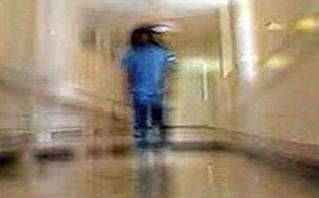 source:: Community Care
source:: Community Care
published: 6 December 2018
The government has committed to introduce a Mental Health Bill to transform care for detained patients after an independent review recommended new legislation that placed people’s rights, choices and dignity at its heart.
Following today’s publication of the final report of the Independent Review of the Mental Health Act 1983, the government has, so far, accepted two of its recommendations: (see the full report here)
- To replace the nearest relative role, in which a patient is allocated a relative to be involved in decisions about their care, with that of a nominated person that they would choose
- To allow people to make statutory advance choice documents setting out their preferences for inpatient treatment, which clinicians must honour unless there are compelling reasons not to


